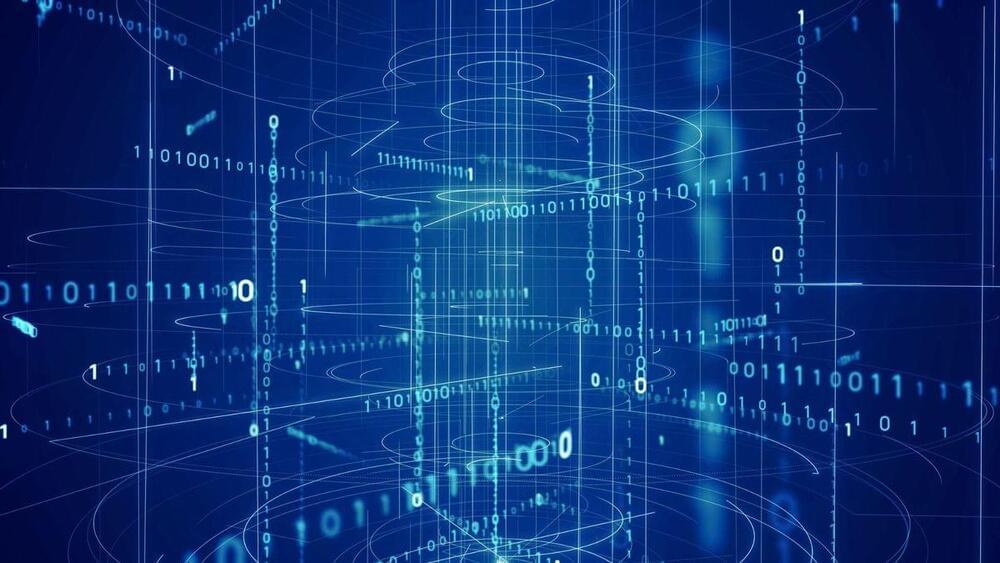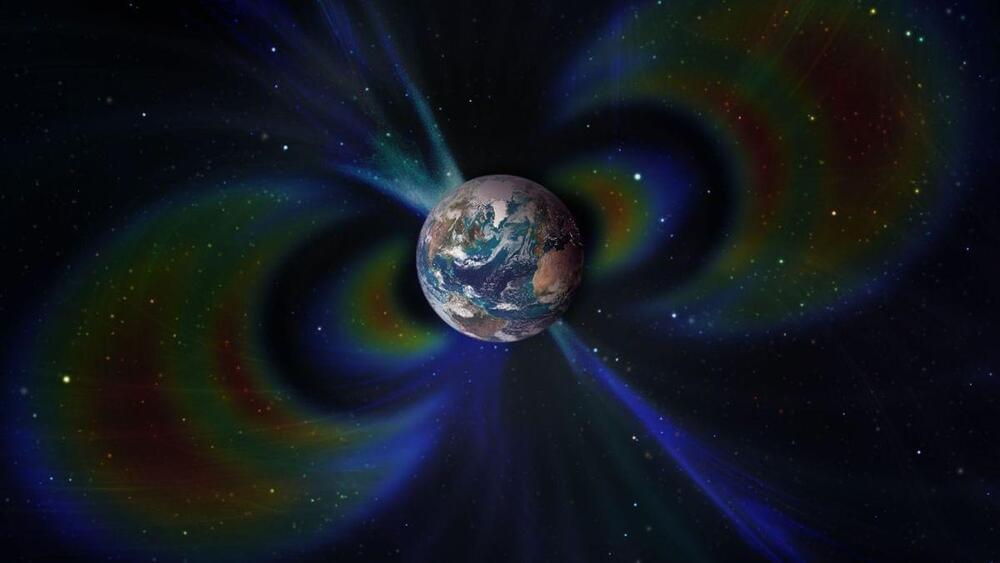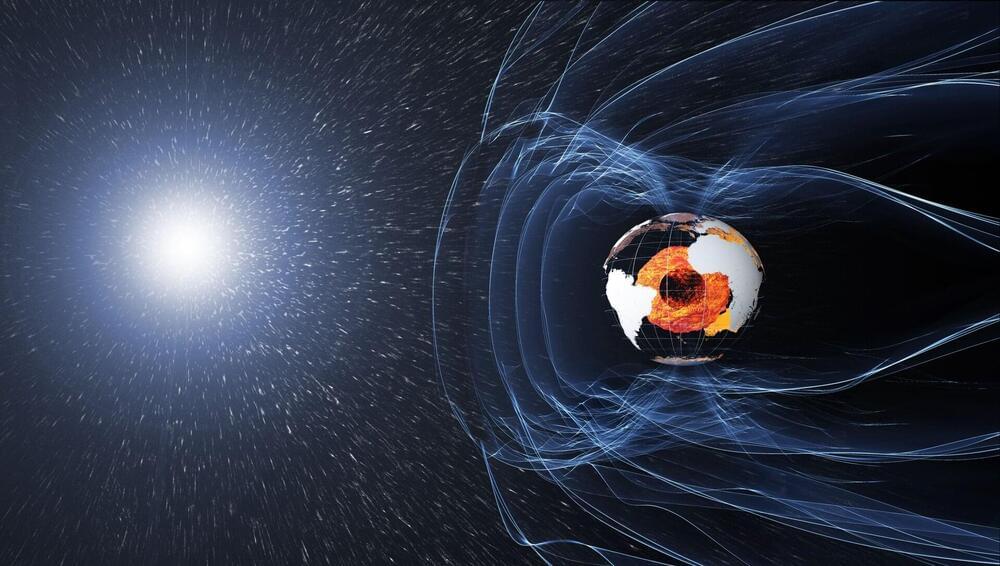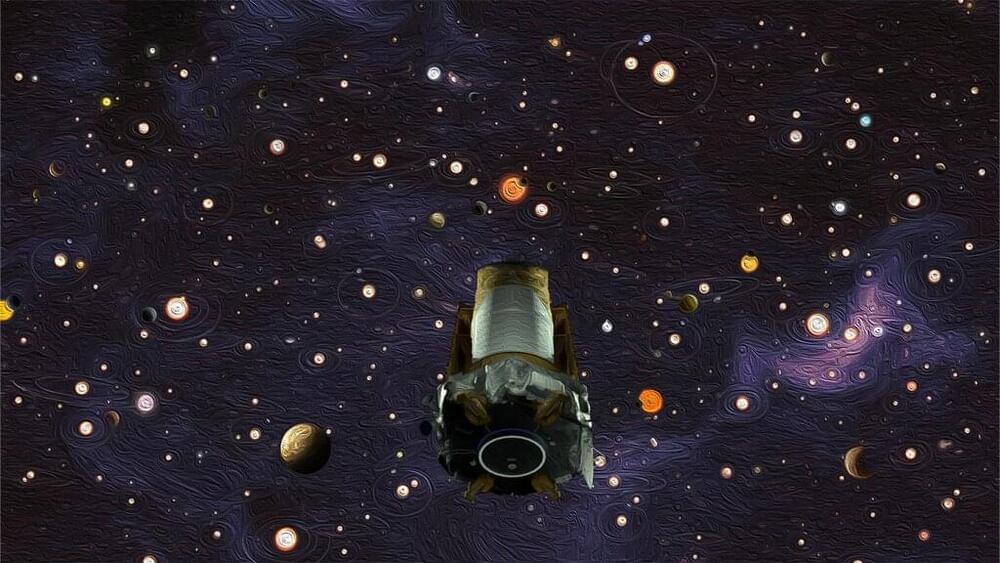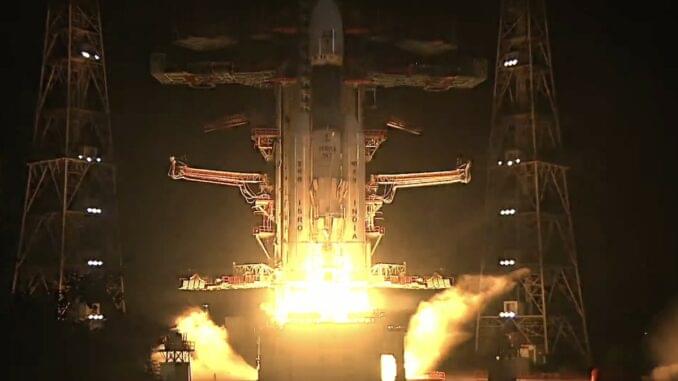Oct 24, 2022
Bill Gates-backed startup builds a massive refinery to turn alcohol into jet fuel
Posted by Gemechu Taye in categories: business, energy, sustainability, transportation
Bill Gates founded Breakthrough Energy and has recently announced that its first Catalyst project funding will come in the form of a $50 million grant to LanzaJet’s Freedom Pines Fuels sustainable aviation fuel (SAF) plant in Soperton, Georgia.
Breakthrough Energy Catalyst is a unique program that brings together businesses and nonprofits to fund key first-of-its-kind commercial-scale projects that speed up the deployment of essential technologies.



